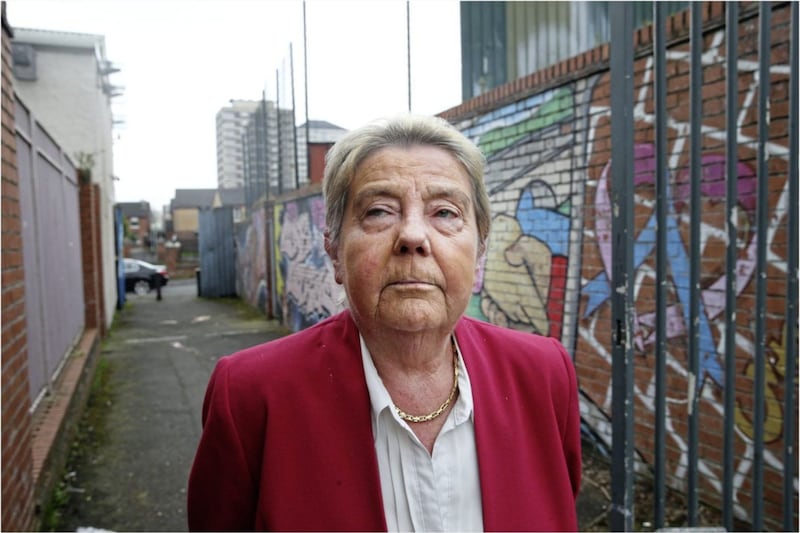Sinn Féin and the SDLP are expected to come under renewed pressure to agree a deal on welfare reform after warnings that Stormont's precarious financial situation cannot be sustained.
The executive's spending difficulties look set to deepen with a fresh round of Tory cuts placing further pressure on budgets.
It had been hoped the Stormont House Agreement would resolve the long-running welfare reform impasse through a series of bespoke measures implemented by the executive.
However, a decision by Sinn Féin in March to block legislation in the assembly derailed the pre-Christmas deal and plunged the intitutions back into financial uncertainty.
The assembly's passing of a budget bill at the end of last month created some breathing space but additional spending cuts announced by George Osborne in recent weeks coupled with further welfare changes bring a renewed urgency to the need to make a deal.
The British chancellor told MPs yesterday that he was aware of the "difficult situation" regarding the executive's finances, along with objections to what he described as "sensible welfare reforms that will help people in Northern Ireland into work".
"We are working with the first minister and deputy first minister to resolve this impasse but it clearly can't be sustainable that we allow a devolved administration to ignore the controls placed on it," he said.
On Monday night, the DUP's Sammy Wilson warned that Westminster's latest welfare bill "probably spells the end of the Northern Ireland Assembly".
DUP finance minister Arlene Foster also said yesterday that a £600 million gap in the budget was now going to significantly increase.
A Sinn Féin delegation including party leader Gerry Adams and former Fermanagh and South Tyrone MP Michelle Gildernew met British Prime Minister David Cameron in London last night.
Speaking after the meeting, deputy first minister Martin McGuinness said the British government must recognise the north's "special circumstances".
He said the meeting was "useful" and Mr Cameron "can be in no doubt about the seriousness of the crisis we are facing".
"But for the institutions to survive, they need to deliver for all citizens, be they unionists, republicans or others. That requires a workable budget and a new approach and new investment from Westminster.
"The British government needs to accept the special circumstances of the north, as a society coming out of conflict, which lasted for almost 30 years."
The SDLP's Margaret Ritichie told the Irish News last night that the five parties needed to get around the table.
"If Sinn Féin and the DUP had accepted our 34 amendments to the Welfare Reform Bill earlier this year – which were revenue neutral or at little cost and which would have resulted in good levels of mitigation to protect those who were vulnerable – then the current problems may not have emerged," she said.
Ulster Unionist MLA Roy Beggs warned that if there wasn't an "urgent and drastic change of attitude from some political parties" – a reference to the DUP and Sinn Féin – then the prospects for the assembly were poor.
"The decision of Sinn Féin to make a U-turn on welfare was only the latest example of that party displaying a shocking lack of political or budgetary prowess – they are effectively bankrupting the Northern Ireland executive which is spending money it does not have with each day that passes," he said.
"The latest comments from Arlene Foster and Sammy Wilson indicate that the DUP appears to have given up on resolving the challenges facing the assembly."








